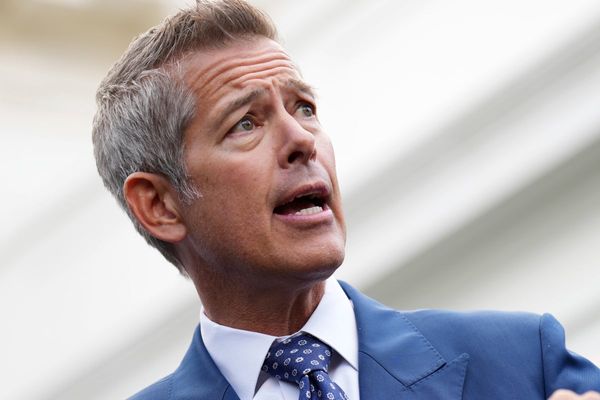
President Trump recently announced that Republicans in Congress are working on a comprehensive crime bill to address various issues related to law enforcement and public safety. This bill is expected to cover a wide range of topics, including police reform, community relations, and crime prevention strategies.
Despite ongoing discussions about the crime bill, President Trump has also been vocal about his intentions to deploy National Guard troops in cities across the country. This decision has faced objections from Democratic mayors and governors who have expressed concerns about the potential escalation of tensions and the impact on local communities.



President Trump has asserted that he has the authority to deploy National Guard troops as he sees fit, stating that he can 'do anything I want to do' as president in this regard. This assertion has raised questions about the extent of presidential powers in relation to domestic law enforcement and the role of state and local authorities in managing public safety.
The debate over National Guard deployments comes at a time of heightened tensions and civil unrest in many cities, following widespread protests against police brutality and systemic racism. The use of military forces in civilian settings has been a contentious issue, with critics raising concerns about the potential for excessive use of force and violations of civil liberties.
As discussions continue on the comprehensive crime bill and the deployment of National Guard troops, the Trump administration faces scrutiny from lawmakers, civil rights groups, and the public. The outcome of these debates will have significant implications for law enforcement policies and practices at the federal, state, and local levels.







